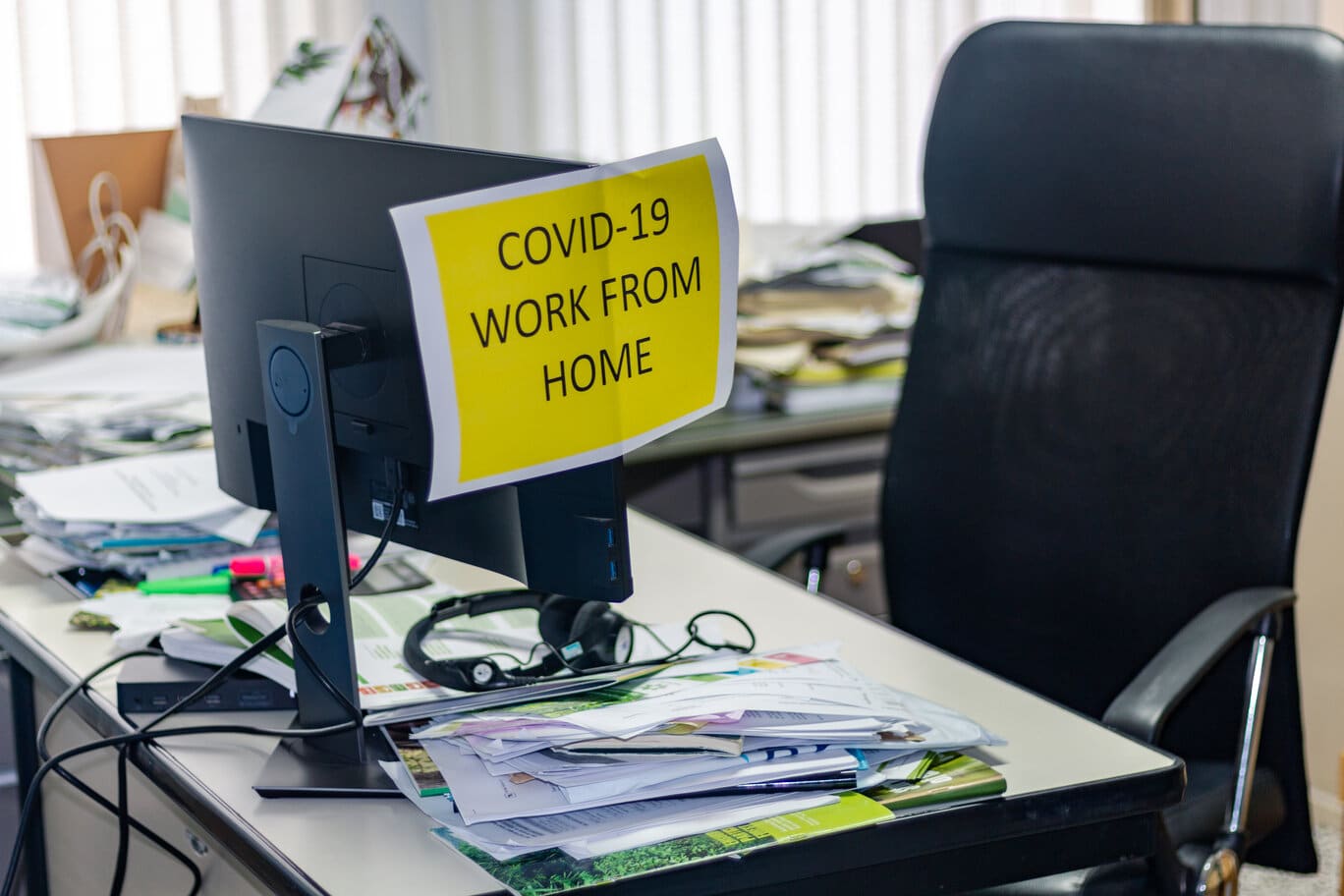Jasmine Birtles
Your money-making expert. Financial journalist, TV and radio personality.


Your remote working rights are similar to those when you’re working in an office or on a business site. However, with so many of us now working from home when we weren’t expecting it, we’re missing out on potential support.
We’ve put together this quick guide to help you make sure you’re getting everything you’re entitled as a new remote or flexible worker.

Safety is a concern so glaringly obvious that we left it out of the title.
It’s the number one concern for workers even when considering remote working rights. After all, the reason people were sent home from work was to keep them safe.
It remains an issue of critical importance because we’re in a fatal pandemic – and it looks like many of us are set to work from home for a long time to come.
You have the right to feel safe at work. This means that you have the right to these things from your employer when you’re working on site:
Most employers will provide face masks and/or shields. You may be asked to provide your own.
When working from home, you still have the right to work safely. So, that means:
Remote working has given many people the freedom to work flexibly during lockdown. But, if your employer wants you to return to the office, did you know you have the right to request flexible working to continue at least some of your work from home?
Many businesses discovered that the result of lockdown remote working increased productivity levels across industries, as staff freedom to choose their own hours has allowed them to optimise the way they work and lead their lives in a more balanced way.
But 50% of employees expect to lose the option to work remotely in a post-lockdown world.
However, you and every other person working in the UK has the legal right to request flexible working hours if you’ve been with your current employer for 26 weeks.
Check out the UK government’s flexible working page to learn more about your right to flexible working hours.
The legal position regarding post-lockdown work is that if you can do so from home then you should. This means most people will be carrying on working remotely and, to do so, they need the right equipment.
For many this is a laptop and access to your company network. However, the equipment you need doesn’t begin and end with these things.
Employment law stipulates that your employer should determine what the basic requirements are for you to do your job, meaning anything that’s essential to your work. This means your employer also has a duty to do things like look after your connectivity – it’s not only the responsibility of you and your broadband provider. So, if you need a stronger internet connection to do your work then an ethernet cable and a powerline adapter kit will help give your computer stronger connectivity. And you have a right to ask for this.
Similarly, if you require to connect multiple devices to do your job properly then a Thunderbolt and Mini DisplayPort use an identical connector to provide this. And again, you have the right to request this from your employer.
That’s a lot more detail than most people will need to go into, but that’s precisely the point – you have the right to request as detailed assessment of your work requirements and delivery of equipment as you need.
Safety is the reason that lockdown was introduced. However, the reality is that lots of people continue to fear something other than coronavirus: losing their jobs. As furlough and job retention schemes continue to change, and demand for employer costs increases, we’re all too aware that contracts may change to reflect new working conditions – to save as many jobs as possible.
Money is a huge concern at the moment for all of us, and many workers worry about their rights to retain both their jobs and the income it provides.
Some rights are well-known. Furlough gives you the right to a percentage of your salary while you’re not working. But what about if and when you go back to work?
Firstly, you’re protected against redundancy unless the role you’re doing becomes obsolete. Your employer can’t tell you that you are redundant if the role you do continues to exist. Secondly, your contract of employment provides you with rights too.
However, your employer may have the right to change your contracted hours without your consent. This creates a scenario where you may genuinely fear losing the money you need to be able to support yourself, potentially your family too.
Visit the UK government’s coronavirus page to learn more about what your salary rights are post-lockdown.
Remote working rights are just one of many topics we’ve covered recently when it comes to working from home. Check these out next!
